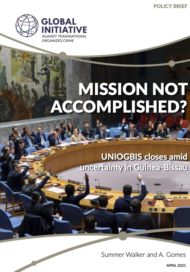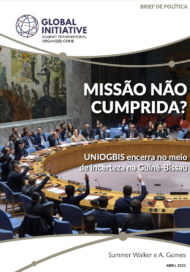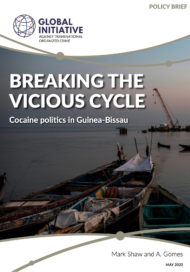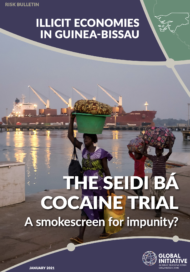Posted on 15 Apr 2021
At the request of the UN Security Council (UNSC), the Secretary-General assessed UNIOGBIS in 2018 and provided recommendations on how to reconfigure the mission to ‘reflect a more coherent, nimble and effective peace and security pillar aligned more closely with the development and human rights pillars’. Ironically, this recommendation would ultimately mark the demise of the mission.
It was later decided that UNIOGBIS would plan for the gradual drawing down and transfer of tasks to the UN Country Team, UNOWAS and international partners. The drawdown was supported by the five permanent members of the UNSC, yet its timing was inopportune, occurring as it did against a backdrop of renewed political turmoil in Guinea-Bissau during 2020.
This brief examines the role of the UNSC and the steps it has taken in Guinea-Bissau, with a particular focus on its attention to the impact of drug trafficking on political stability, beginning in 1998 and leading up to the mission closure in 2020, with a focus on how transnational organized crime was incorporated into the mandate. The brief is based on research and interviews with current and former UN staff and diplomats based in Guinea-Bissau and New York. It explores key challenges faced by the mission and draws recommendations for the period to follow the transition and end of UNIOGBIS. The brief forms part of a series of publications on Guinea-Bissau and provides a review of the Security Council’s agenda for the country.





